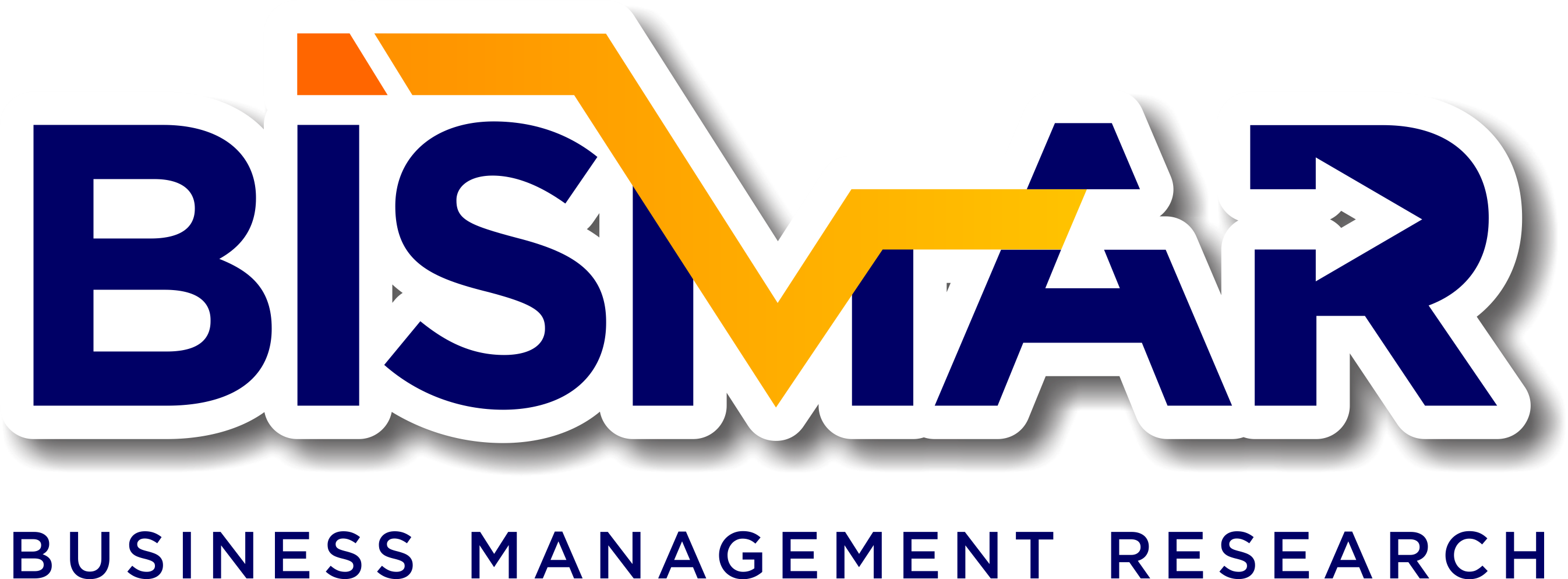
This reasearch intends to explore the role of organizational adaptibility as an intervening variabel on the effect of transdiciplinarity and computational skills toward competitiveness. The research population is small industries at the district of Malang. The number sample are 70 small scale industries. Further, this research consists of 4 constructs, 14 indicators and 3 hypothesis. All primary data are analyzed by structural equation model with help of AMOS program. Based on the data analysis found that transdiciplinarity and computational skills significantly indirect effect to the competitive advantage through organizational adaptability. Event, organizational adaptability significantly effect to the competitive advantage. That is due to the critical ratio value of hypotesis 1 till hypotesis 3 higher than 2.00 and also the probability value is less than 0.05. It means that all research hypoteses are accepted. Therefore, it can be concluded that organizational adaptability mediate the effect of transdiciplinarity and computational skills to the competitiveness.
Bellhouse W. (2011), Adaptibility dan The Competitive Advantage, Global Business Jurnal, 11 (15), 1-8.
Cuttance, P. (2009), Structural Modeling by Example Applications in Educational, Sociological and Behavioral Research, New York: Cambridge University Press,
Davies J., Fidler H. & Gorbis W., (2013), Transdisciplinary Research, Transformative Learning and Transformative Science, International Jurnal of Bioscience, 63 (7), 6-15
Day, George. S and Robin, Wensley, (2008), Assesing Advantage : A Framework for Diagnosing Competitive Superiority, Journal of Marketing, 52, 111-120.
Deana, et all. (2013), Transdisciplinary Research, Transformative Learning, and Transformative Science, Journal of BioScience, 63 (7): 564-573
Dorothy E. B., (2012), Adaptibility & The Competitive Advantage, FYA Journal, 10(20), 31-39.
Furrer, O, Thomas, H& Goussevskaia, A2008, The structure and evolution of the strategic management field: a content analysis of 26 years of strategic management research, International Journal of Management Reviews, 10 (1), 1–23.
Gherasim, D. (2013), Ensuring the Competitive Advantage for the Firm, Economy Transdisciplinarity Cognition, 16 (1), 38-42.
Goksoy A., Vayvay O., & Kalaburut G., (2012), The New Competitive Advantage: An Application of Electronic Data Interchange Implementation in SME, International Journal of Business Administration, 3(6), 44-57.
Hsieh, S.C., Lin, J.S.dan Lee, H.C. (2012), Analysis on Literature Review of Competency, International Review of Business and Economics, 2, 25-50.
Kajanova, J. (2011), The Competitive Advantage in The Global labor Market, Business, Management and Education Jurnal, 9(2), 157–170
Martín G., Delgado M., Navas J.E. & Cruz J., (2013). The moderating role of innovation culture in the relationship between knowledge assets and product innovation, Technological Forecasting and Social Change Journal, 2, 351-363.
Porter, M.E dan Kramer, M.R., (2006), The Link Between Competitive Advantage and Organisational Adaptability, Harvard Business Review.
Qiu, R.G. (2009), Computational Thinking of Service Systems: Dynamics and Adaptiveness Modeling, Jurnal of Service Science 1(1), 42-55.
Reeves, M. & Deimler, M (2013), New Bases of Competitiva Advantage, Harvard Business Review, 1(5): 109-117.
Reevers, M. and Deimler, M., (2011) Adaptibiliy: The New Competitive Advantage, Harvard Business Review, 3 (4), 39-49.
Randall E., Richard G., Lomax A., (2004), A Beginner’s Guide to Structural Equation Modeling, New York: Taylor & Francis Group
Segalas, S. dan Tajedor, G. (2013), Transdiciplinarity. A must for sustainable education, 41th SEFI Conference, 16-20 September 2013, Leuven, Belgium.
………Department of Trade and Industry, Malang City, Indonesia, 2020.
Bismar has been indexing:
Bismar has been tools:
Index Copernicus International (ICI)

Business Management Research (BISMAR)
Management Department Faculty of Economics
University of Merdeka Malang
MAILING ADDRESS
Terusan Dieng Street 62-64, Sukun, Malang City, East Java, 65146, Indonesia
Phone: +62 821-41904-400
Email: [email protected]

This work is licensed under a Creative Commons Attribution-ShareAlike 4.0 International License.